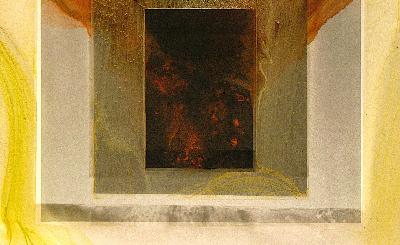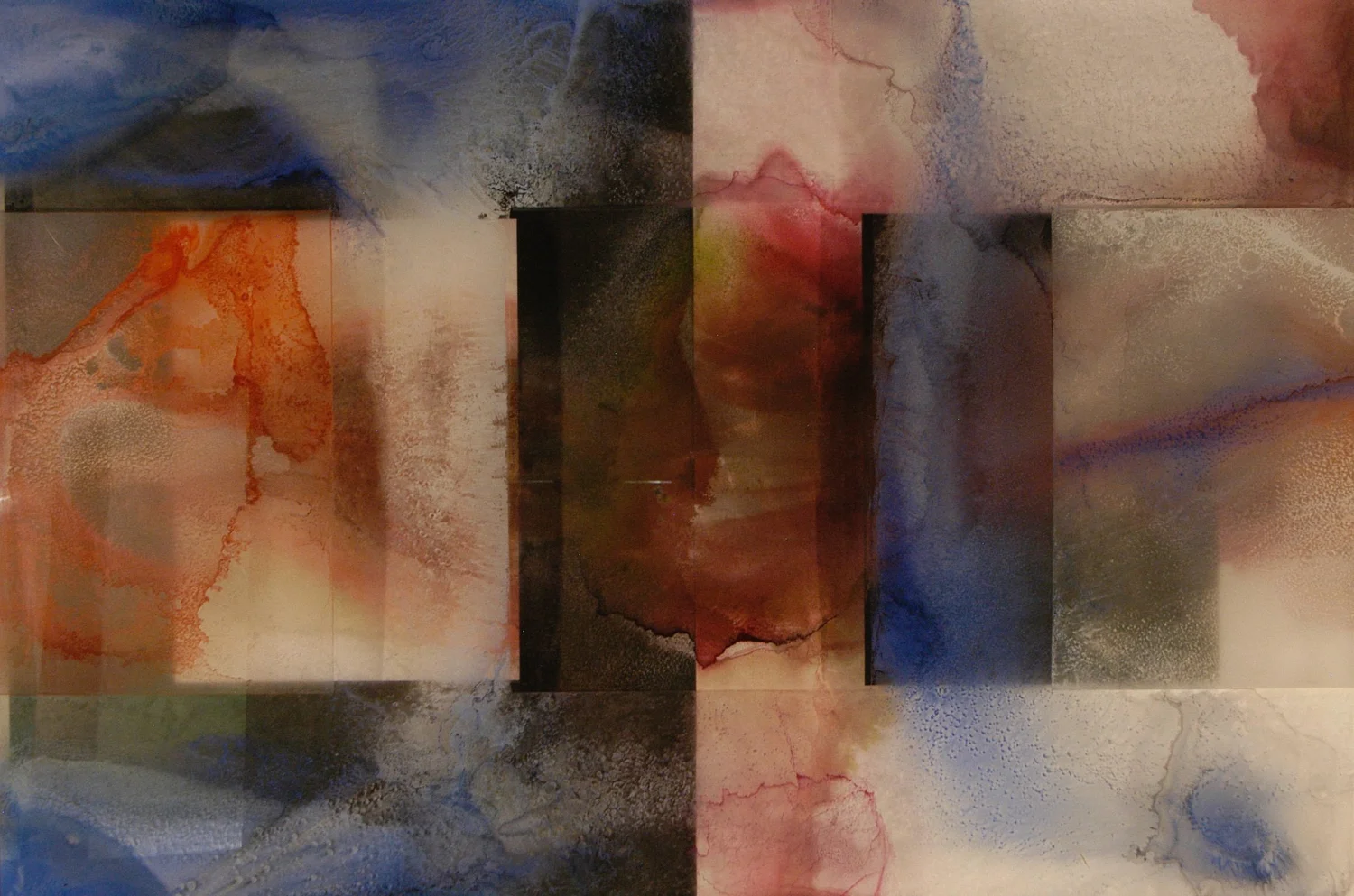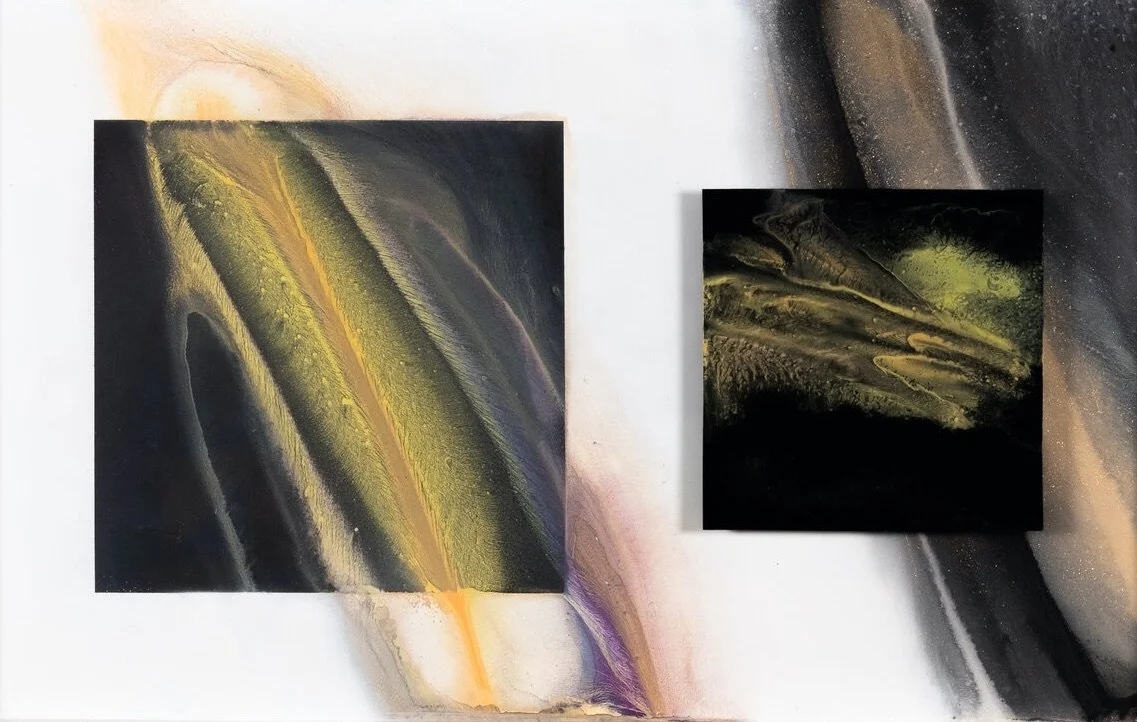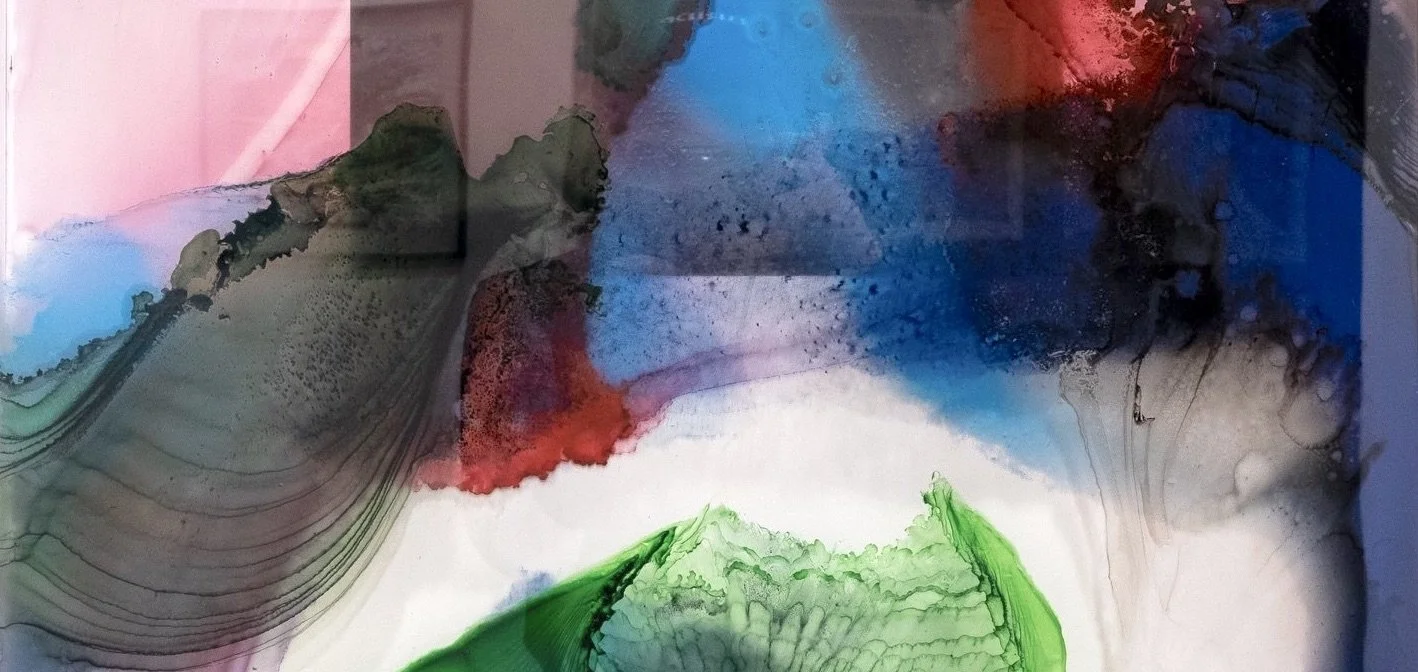177: Connecting the Dots Part 4
Description
From time to time over the nearly 50 years since the establishment of the Atlanta Soto Zen Center, a significant number of its members and its affiliates in the Silent Thunder Order have complained of burning out in terms of their participation in the Zen community. Some have faded into obscurity and were never heard from again. Others have come back after years. The record for the longest hiatus is about three decades.
This cohort would amount to a small percentage of the total attendance, or course, but it has been noted that more people come and go than stay. Matsuoka-roshi used to say, of some disciple that was no longer showing up, "Come-and-go type" or, "Wishy-washy type." I assume that these lost souls continue to practice in some form or other, hopefully maintaining their practice of meditation at least. And they probably retain an interest in reading about Zen and Buddhism. And I think it fair to say that if they had stayed, instead of moving on, we would have no place for most of them to sit.
This is why I refer to the Zen sangha — and it is probably true of all communities — that it is like a cloud, constantly evaporating and recondensing, with new molecules of water, over time. People have real lives, other demands on their time and energy, and they always have. Master Dogen pointed out that the famous places in China were not typically comprised of large groups, but a small core of a half-dozen monks or so, with others coming and going from time to time. A cursory reading of the history of the formal transmission in Soto Zen makes this clear. Many of these encounters were short-term.
So I don't worry too much about the many former members who are no longer in attendance. I do reach out from time to time if someone has suddenly disappeared who was diligently engaging on a frequent basis for some time, out of curiosity if nothing else. But I have enough to worry about, dealing with those who are presently practicing, as well as the constant flow of newcomers knocking at our doors.
Most newcomers report that their first exposure to Zen is through reading — or, nowadays, listening — to a well-known teacher online, such as Thich Nhat Hahn, or Ram Dass. I had the pleasure of meeting Ram Dass in person in the 1960s, when I was teaching at the School of the Art Institute and the University of Illinois at Chicago Circle campus. Some friends of mine who knew him told me he was travelling through the area, so I asked them to connect us, and invited him to speak to one of my classes at the U of I. I still have the 1/4-inch reel-to-reel audiotape somewhere of his talk, which was his classic trip to India, giving LSD to the guru tale. I plan to have it digitized so that those who are interested can listen to it.
Not to be too much of a name-dropper — near to greatness, and all that — but he came to our apartment for dinner that evening and cooked chipatis and beans for us. My friends told me later that he had told them he thought I was one of the most spiritual people he had ever met. That may have been because my apartment was full of student work, models of geometric structure studies they had done in one of my design classes.
Another factoid of interest, and one of those coincidences that we say are not in Zen — he was driving a Chrysler Airstream at that time, and several years earlier, before I had graduated from the Institute of Design, my best friend at that time and I attended a talk by Claes Oldenburg, the famous Swedish-American sculptor, at the University of Chicago, at which presentation, amongst other things, we saw his life-size soft sculpture of — you guessed it — a Chrysler Airstream. But I digress.
I have never heard of anyone burning out from too much study of the dharma, or too much sitting in meditation, although some naturally grow tired of too much group discussion, especially when it slides down the slippery slope of intellectualism and erudition, as has been seen many times in the history of Zen. Ch'an Master Huineng famously made a public show of burning scrolls of sutras to make this point. Dogen held that both things can be true at the same time — that the written record also contains the dharma, even though subject to the limitations of language.
No, usually, problems with burnout arise in the context of serving the Zen community.
Community, or sangha, is the third leg of the stool of Buddhism, joining that of dharma, the study of the teachings of Buddhism and Zen; and most centrally, buddha, the practice of zazen, or the meditation of Buddha. This is what Zen claims to transmit.
Where the rubber hits the road in terms of burnout is usually in an individual's efforts to serve the sangha in ways that demand what seems to them to be a lot of time, effort, and energy, with all the opportunity costs associated with any form of contributions of one's precious time to any cause. The third rail for most or all not-for-profit enterprises such as ASZC seems to consist in serving on the board of directors.
What I refer to as the "substitution effect" begins to set in — one finds oneself sitting less and less over time, the limited bandwidth available for Zen being consumed more and more by the ever-evolving demands of raising money and paying the bills; upkeep, repair and maintenance of the facility; producing and publishing online communications, newsletters, bulletins and podcasts; and, finally, the sheer pressure of administrating a robust schedule of programs of dharma study and meditation, serving a shape-shifting and ever-growing community of practitioners.
As one who has been immersed in this process for going on 50 years -— ASZC was incorporated in 1977 — I am very familiar with this syndrome of overcommitting, on a personal level. But I think it may be that we are getting it backward if and when we do burn out in service to the sangha. It is easy to lose track of the central focus of Zen.
The three legs of the stool are not equal in importance or effectiveness in supporting our personal practice. Buddha practice, Zen meditation, or zazen, is definitely first and foremost. Dharma, or study of the teachings, comes second and is subordinate to zazen. Without zazen there is little hope of ever comprehending buddha-dharma. Sangha, community participation and service, is a distant third, and is not really necessary, or conducive to personal practice, absent meditation and study. When we get this backward is when we tend to burn out.
If I had not been continuing my meditation practice over the 60 years I have been engaged in all three dimensions, from the mid-1960s at the Zen Buddhist Temple of Chicago, through the years of establishing ASZC in Atlanta, I would have burnt out long ago. Attending most of the public sessions of meditation and witnessing the evolution of the Zen lives of hundreds of individuals have reinvigorated my zeal for Zen again and again, especially during the difficult times we have endured. The evidence of my senses has convinced me ever more undoubtedly of the value and effectiveness of Zen as the Upaya, or skillful means, for our times, as Matsuoka-roshi believed.
If you have found yourself experiencing burnout, please consider whether or not you see yourself in this picture. If you do your best to attend a reasonable number of our scheduled meditation programs including daily, weekly, monthly and annual opportunities, such as day sits (zazenkai), longer retreats (sesshin), classes and workshops, you will rediscover the renewable resource that is genuine Zen practice.
If you have gotten entangled in the ASZC or STO administration or other demanding roles of service to the sangha, please understand that your efforts are very much appreciated, but that you may be inadvertently developing the substitution effect syndrome, which ultimately does not bode well either for your practice, or the wellbeing of the community. If you relinquish your position and function, no worries, someone else will step up. I have witnessed this again and again. There is no way to plan for, or to design around, human nature, so please do not blame the corporate entity that is the Zen community for you
























